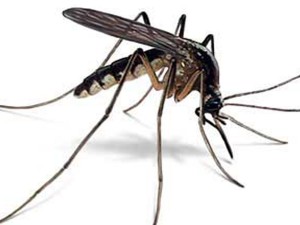 There is a thin line, (sometimes it’s a fishing line so it appears invisible), which separates preaching from teaching; especially if the topic is your children’s behavior, or religion. Discussions about God and spirituality may start with the noble intention to teach, but through various hairpin curves and hidden trap doors, evolve mysteriously into full blown, sweat filled, amen-alleluia, God-is-a-coming-soon, sermons. They become the type of interaction where everybody is wet with perspiration – no matter the temperature inside or out. With all nobility swept aside, a dialogue into your kid’s behavior barely stays a nanosecond in the teaching mode before leaping at warp speed into preaching. Of course, that is how it should be: they need it.
There is a thin line, (sometimes it’s a fishing line so it appears invisible), which separates preaching from teaching; especially if the topic is your children’s behavior, or religion. Discussions about God and spirituality may start with the noble intention to teach, but through various hairpin curves and hidden trap doors, evolve mysteriously into full blown, sweat filled, amen-alleluia, God-is-a-coming-soon, sermons. They become the type of interaction where everybody is wet with perspiration – no matter the temperature inside or out. With all nobility swept aside, a dialogue into your kid’s behavior barely stays a nanosecond in the teaching mode before leaping at warp speed into preaching. Of course, that is how it should be: they need it.
Each communication method has its own benefits and hindrances; the use of either is not a matter of right vs. wrong, but more a selection of appropriate timing. Teaching, or coaching as it is called in sports, is a service that is nearly unencumbered as to “when” it is applied; it is always acceptable to teach. Circumstances and companions will dictate the depth and length of the lesson; which, subject to your role as teacher or student, can range from a moment to seemingly, an eternity. Yet with all viewpoints included, teaching is mostly about giving. One person gives their knowledge, experience, or opinion to another – it is meant to be an unselfish act of sharing. The acceptance of all, or part of the lesson, is completely the responsibility and choice, of the recipient. I think that is where to “leading a horse to water…” saying came from.
Continue reading →




